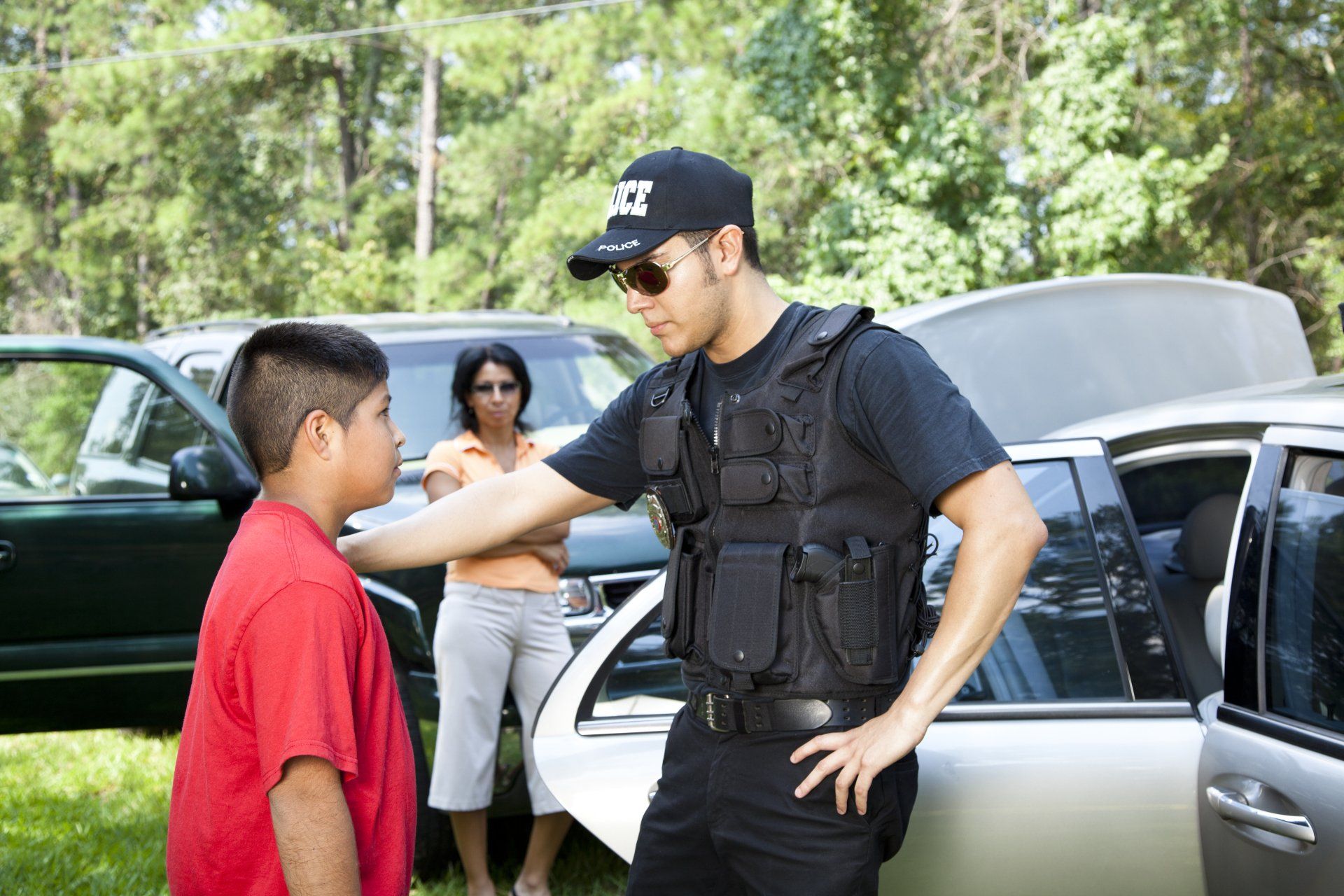Juvenile Law
Safeguarding Juvenile Rights in Connecticut
In Connecticut, individuals under the age of 18 who commit misdemeanors or felonies are typically treated as juveniles, with their cases adjudicated in the juvenile justice system. Exceptions exist and depending on the severity of the offense or the juvenile's criminal history, they may be charged as adults, leading to more severe penalties.
At Mastrianni & Seguljic, LLC, Attorney Chomick recognizes the critical need for a robust defense, understanding that the futures of juveniles are profoundly at risk, particularly in terms of employment and education. If you are a parent, contact us at (860) 747-6363 to schedule a consultation, acknowledging the imperative of preserving your child's record and securing their future.
Common Juvenile Crimes in Connecticut
Juvenile crimes committed by those under 18, encompass a range of offenses like those seen in adults. These often include:
Shoplifting or petty theft
Vandalism
Violent crimes such as assault
Possession of drugs or alcohol
Sexual offenses
Automobile offenses
The significant divergence lies in the sentencing options available to the juvenile justice system, which emphasizes rehabilitation. It provides alternative measures like counseling or education programs and directs defendants to juvenile detention centers rather than adult jails or prisons.
Juveniles Tried as Adults in Connecticut
While juvenile defendants are typically tried within the juvenile system, certain circumstances may warrant their case being transferred to the adult system. Factors influencing this decision encompass:
- The type and extent of the offense
- The seriousness of allegations
- Any aggravating circumstances, such as weapon use
- The defendant's understanding of their conduct's criminality
- Repeat offender status
Transfer decisions can occur automatically under relevant legislation or at the discretion of the prosecution or judge. Once tried as an adult, any future charges are also addressed in the adult system, exposing the defendant to harsher penalties and excluding them from rehabilitation options offered to juvenile offenders.
Collateral Consequences of a Conviction in Connecticut for a Juvenile Offense
Beyond court-imposed penalties, juvenile convictions can lead to collateral consequences. Delinquency adjudications can disrupt schooling, affect access to education, and potentially impact future endeavors. Despite the belief that juvenile records vanish upon adulthood, they may be accessible to employers, landlords, and the armed forces during background checks. Certain offenses may necessitate sex offender registration or impose firearm ownership restrictions into adulthood.
Your Rights for Juvenile Arrests in Connecticut
Both minors and their parents or legal guardians possess rights when a minor is arrested or questioned as a witness. Constitutional rights, including protection against unreasonable search and seizure, the right against self-incrimination, and the right to an attorney during police questioning, apply to juveniles.
Parents also have rights, including the right to be present during questioning, knowledge of the reason for the child's arrest or detention, and the right to have or retain an attorney for the child. It is crucial to consult a juvenile defense lawyer promptly to ensure these rights are protected.
Attorney Chomick is committed to guiding parents and minors through the legal process, providing comprehensive explanations and regular updates. If your child faces criminal charges as a juvenile, seek expert legal counsel by calling (860) 747-6363 to schedule a consultation with our attorneys today.







